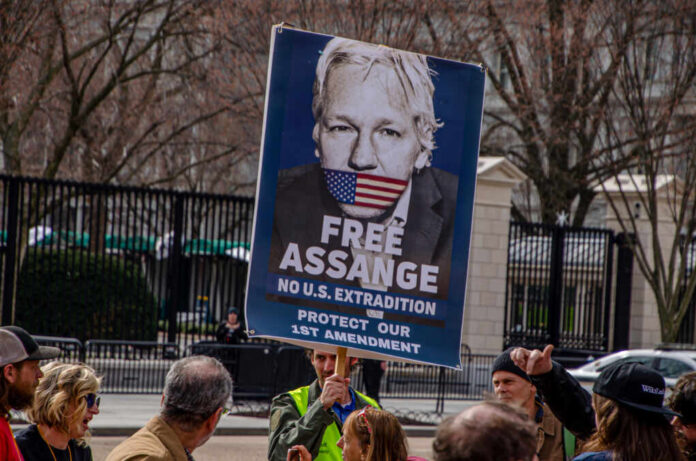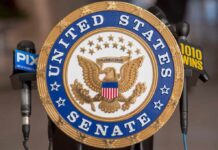
In a significant development in the ongoing prosecution of WikiLeaks founder Julian Assange, the British High Court issued a provisional ruling on Tuesday that may delay his potential extradition to the United States. Assange, who has spent years embroiled in legal battles and confined within London’s Belmarsh Prison, is at the heart of a case that has ignited global debates on freedom of expression, government transparency, and the rights of journalists.
The court’s decision hinged on the U.S. government providing “assurances” that Assange would be treated justly and fairly under U.S. law. Specifically, American authorities must ensure that Assange “is permitted to rely on the First Amendment to the United States Constitution,” which safeguards free speech and that he “is not prejudiced at trial by reason of his nationality.” The ruling also required that Assange not face the death penalty for extradition to go forward.
Julian Assange Granted Limited Appeal To Challenge Extradition To U.S. https://t.co/GmRszyQtCL
— Fearless45 (@Fearless45Trump) March 26, 2024
Assange’s legal odyssey began over a decade ago and has spiraled into a complex web of international disputes and legal challenges. In August 2010, Swedish authorities charged Assange with alleged criminal offenses. As he was residing in London at the time, an international arrest warrant was issued. He was taken into custody and then freed on bail in November of that year.
The subsequent years saw Assange battling against extradition to Sweden, culminating in his asylum bid at the Ecuadorian embassy in London in June 2012, a sanctuary he would inhabit for nearly seven years. Some of the alleged violations later expired under Sweden’s statute of limitations, and the criminal investigation was eventually dropped in 2017. Later, disputes with Ecuadorian diplomats led to his asylum request being permanently denied in April 2019. Then, he was arrested and convicted for violating the UK’s Bail Act.
Since then, Assange has been held in the UK’s Belmarsh Prison during the attempt by U.S. authorities to extradite him to stand trial for espionage. Assange’s supporters, including his wife Stella, argue that he is a journalist protected by the First Amendment who exposed critical true information about U.S. military operations and foreign policy. Assange’s prosecution for spying could become a dangerous precedent in American law enforcement. The serious concern is that investigative journalists will be deterred from publishing true material received through traditional whistleblower sources because of the imminent threat of prosecution for very serious federal crimes.



























